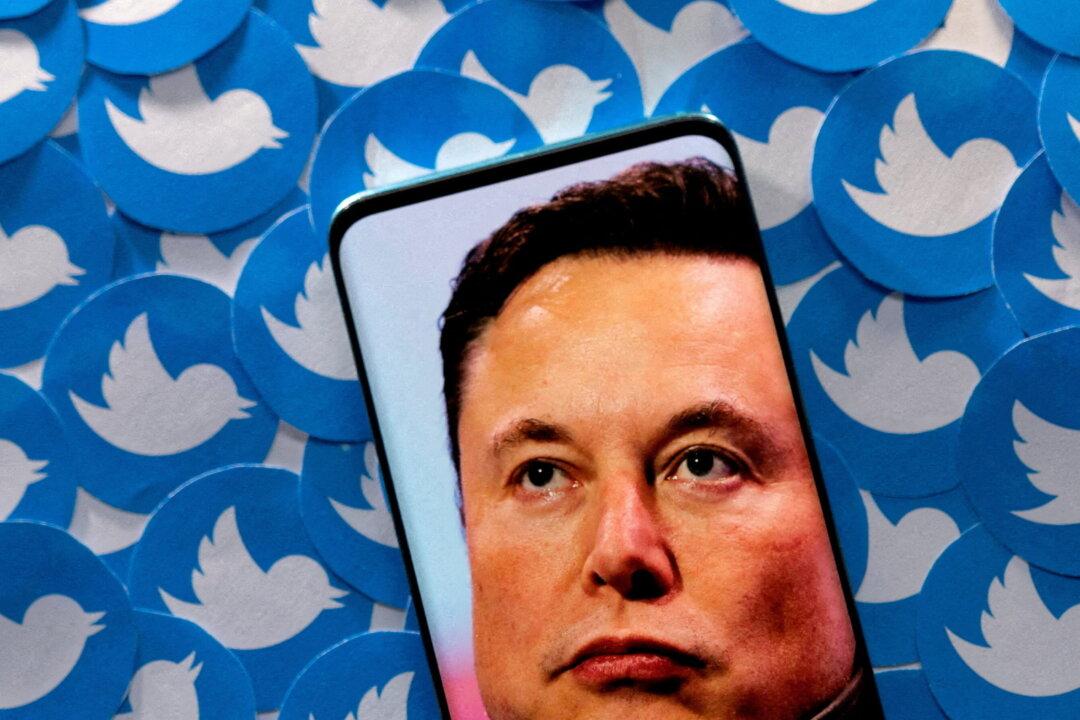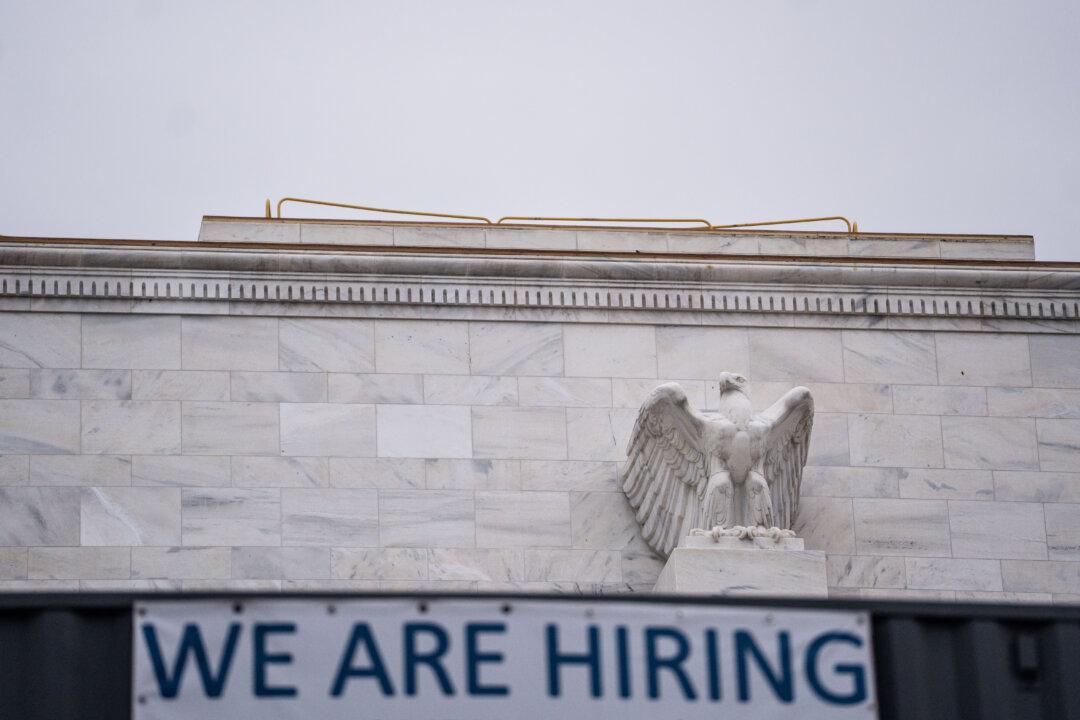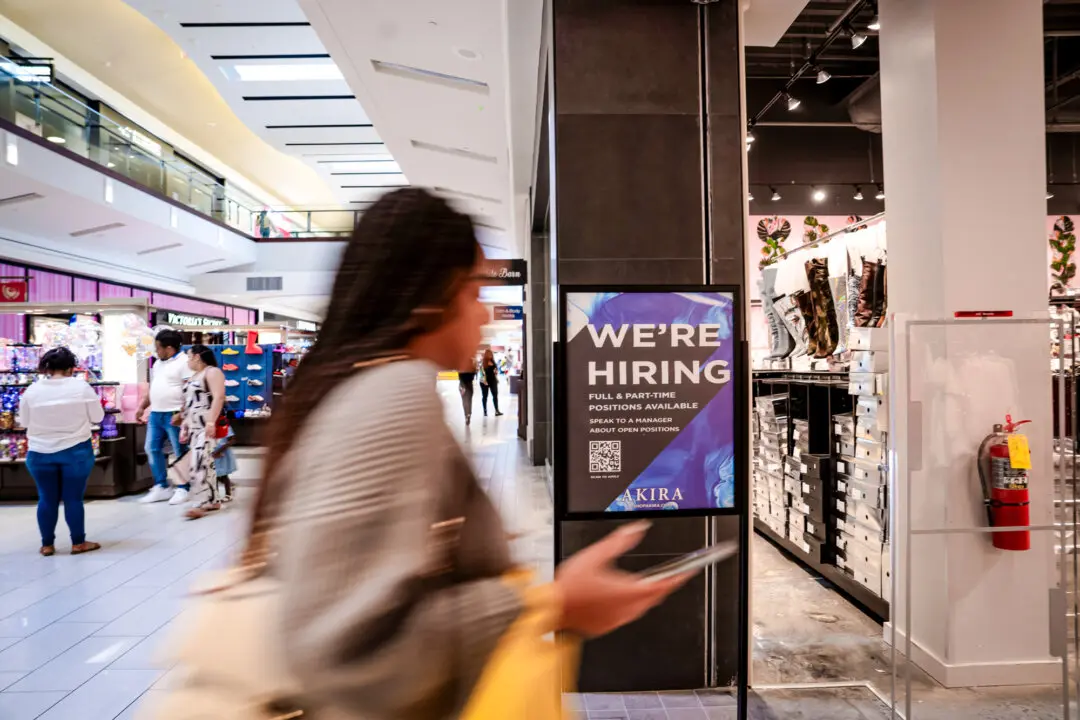Tesla and SpaceX CEO Elon Musk delved into geopolitics on Oct. 3, presenting a four-part proposal on Twitter to facilitate peace in the Ukraine–Russia military conflict and polled his followers on the social media platform for their thoughts.
The first step in Musk’s concept is to “redo elections of annexed regions under UN supervision.” If the public then votes against a Russian takeover of the four regions, then Moscow “leaves if that is will of the people.”





